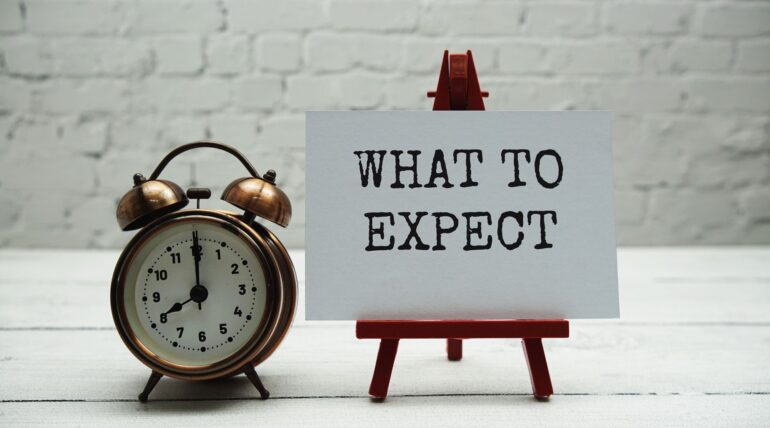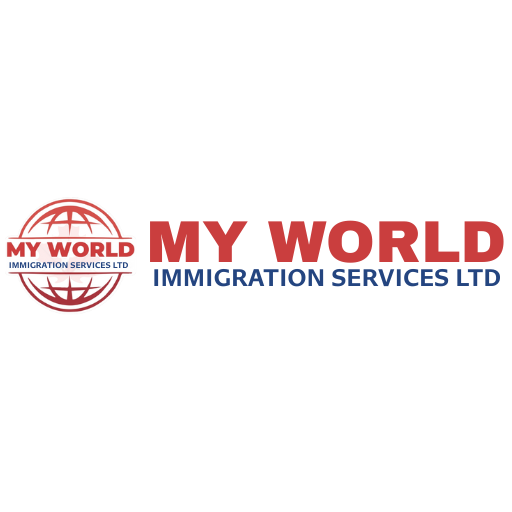
October 11, 2025
First Time Entering Canada on a Study or Work Permit? Here’s What to Expect at the Border
By MyWorld Immigration | October 2025
If you’re preparing to arrive in Canada on a study permit or work permit, it’s essential to understand what will happen at the Canadian border. Whether you’re coming to study at a Canadian university or starting a new job as a temporary foreign worker, your first port of entry is where your immigration journey truly begins.
At MyWorld Immigration, we know how stressful this moment can be. That’s why we’ve created this detailed guide to help you prepare for your arrival, avoid common mistakes, and ensure a smooth landing in Canada.
What to Expect When You Arrive at a Canadian Airport or Land Border
When you enter Canada for the first time, you’ll meet with a Canada Border Services Agency (CBSA) officer. This border interview is mandatory for anyone arriving on a study permit or work permit.
Here’s what typically happens:
• You’ll proceed through immigration and customs
• A CBSA officer will check your documents
• You may be asked questions about your travel plans and purpose of visit
• If approved, your study or work permit will be issued on the spot
It’s important to remain calm, confident, and honest. Misrepresentation—even a small lie—can lead to refusal or a five-year ban from entering Canada.
Must-Have Documents for Study and Work Permit Holders
To avoid delays or refusal at the border, make sure you carry these documents in your hand luggage, not in your checked bags.
Required for All Permit Holders:
• Valid passport or travel document
• Visa or Electronic Travel Authorization (eTA) (if applicable)
• Letter of Introduction (Port of Entry Letter) from IRCC
• Proof of funds showing you can support yourself in Canada
• Details of your Canadian address and emergency contact information
• Credit card or Canadian currency for immediate expenses
US citizens and green card holders do not need an eTA or Letter of Introduction and can apply for their study permit at the border.
Additional Documents Based on Your Permit Type
| Permit Type | Additional Documents to Bring |
|---|---|
| Study Permit | Letter of Acceptance from a Designated Learning Institution (DLI), Valid medical exam results (if required) |
| Work Permit | Job offer letter, LMIA approval (if applicable), Proof of qualifications (education/work experience), Offer of Employment Number (for LMIA-exempt roles), CAQ if working in Quebec |
Pro tip: Always double-check your documents before traveling. Even a small mistake can cause issues at the border.
The CBSA Interview: What Questions Will You Be Asked?
The CBSA officer’s job is to ensure that:
• You’re entering Canada legally
• You meet the requirements of your permit
• You intend to leave Canada after your authorized stay (unless applying for PR later)
Common Questions May Include:
• Why are you coming to Canada?
• Which school or employer are you going to?
• Do you have enough funds to support yourself?
• Where will you be staying?
• Do you plan to stay permanently?
Canada supports dual intent, which means you can plan to apply for permanent residence later while still meeting the conditions of your temporary stay.
Important Arrival Tip: Your Permit is Issued at the First Point of Entry
Even if you’re connecting to another Canadian city, your study or work permit is issued at the first Canadian airport or land border you arrive at. Allow enough time between connecting flights to complete this process.
Arriving by Land? The Process is the Same
If you’re driving into Canada through a land border, you’ll be directed to park your vehicle and enter a nearby CBSA building for your interview and permit issuance.
Avoid These Common Mistakes at the Border
Many first-time newcomers make avoidable errors that can lead to unnecessary stress—or worse, a refusal. Here’s how to avoid them:
Not Declaring Large Sums of Money
• Carrying more than CAD $10,000 in cash or equivalents? Declare it.
• Includes bank drafts, money orders, and traveler’s cheques.
• Undeclared funds can be seized—even if legally earned.
Bringing Too Much Medication
• Canada allows a 90-day supply of prescription medication.
• Keep medicine in original packaging.
• Bring a doctor’s note or prescription with your name.
• Check if your medication is considered a controlled substance under Canadian law.
Not Declaring Restricted or Prohibited Items
You must declare:
• Food, plants, or animals
• Tobacco, alcohol, and vape products
• Weapons or firearms
Prohibited items include:
• Cannabis (unless authorized for medical use)
• Illegal drugs
• Prohibited firearms
• Endangered species or items made from them
How to Apply for a Social Insurance Number (SIN) Upon Arrival
A SIN (Social Insurance Number) is required if you want to work in Canada or access government benefits.
Many airports now have Service Canada centers where newcomers can apply for a SIN right after landing.
SIN Can Be Issued at These Canadian Airports:
• Toronto Pearson International Airport
• Vancouver International Airport
• Montréal-Trudeau International Airport
• Halifax, Calgary, and Edmonton International Airports
If the Service Canada center is closed when you arrive, you can apply online or at a local office later.
Final Thoughts: Be Prepared, Stay Calm, and Ask for Help if Needed
Arriving in Canada as a temporary resident is a major milestone. Being informed about the Canada entry process helps reduce stress and increases your chances of a successful landing.
At MyWorld Immigration, we specialize in helping students and skilled workers settle in Canada smoothly. From visa applications to post-arrival support, we’re here to ensure your immigration journey is successful.
Need Help Preparing for Your Arrival in Canada?
Whether you’re applying for a Canadian study permit, work permit, or planning to transition to permanent residency, MyWorld Immigration is here to guide you every step of the way.
Contact Us Today:
• WhatsApp: +1-778-881-6000
• Website: www.myworldimmigration.com
• Email: info@myworldimmigration.com
• Instagram: @myworldimmigration
